Cultural classes in China
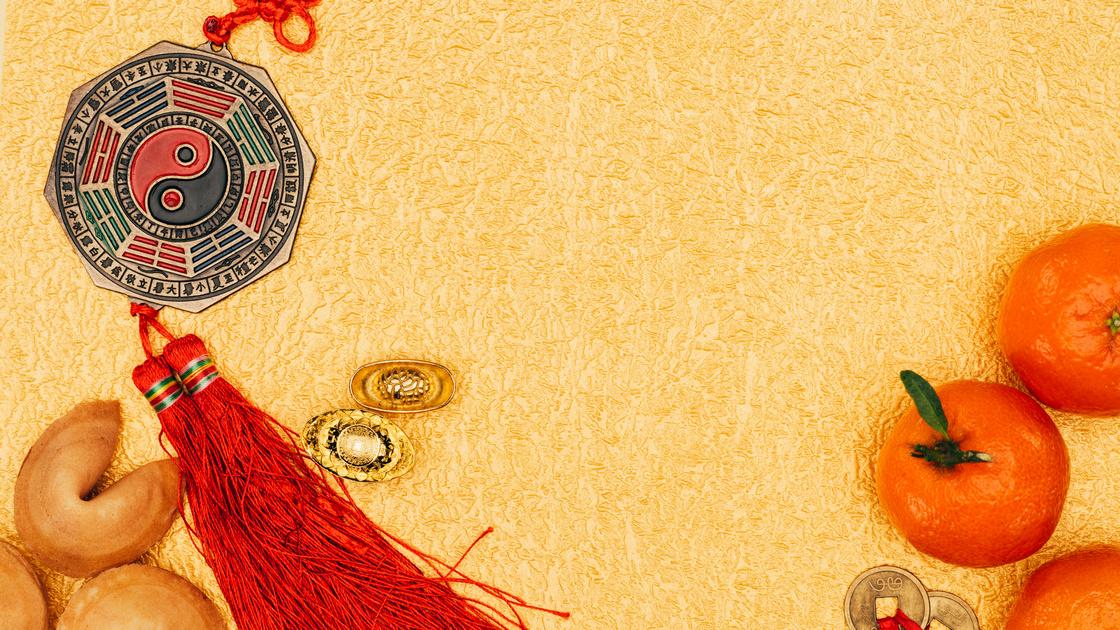
In addition to language classes, there is cultural classes that you can also try, but we do not talk about it much so that you do not have unnecessary expectations. We live according to the length of daylight so a lot changes from time to time. Of the students who were trained by us, they could practice the following.
Notice
Classes listed bellow are not part of the mandatory program and are not offered by default. If you are interested in attending them, please let us know in advance
Chinese language class
Although China has many dialects, the Chinese studied at Yanchen school is Putonghua or “common language”. It is the language that linguistically unifies China and will allow you to be understood wherever you go. Generally speaking, learning a language is the key to having the most rewarding experience in a foreign country, but this is especially true for China and its countryside. The surrounding community really welcomes and even opens their homes to those who have spent the time learning the language and conversing with them.
Long-term students are particularly encouraged to make a commitment to learning the language; Not only will this help you better understand the art you train in, but if you have a genuine interest in obtaining an HSK qualification, we will do our best to prepare you to take the exam at a test center. The HSK is an internationally recognized certificate for Chinese language proficiency and is highly sought after by employers and training institutes around the world, so getting an HSK is truly an investment in your future.
Beginner
Those who have no previous experience in studying Chinese will start in the beginners’ group. The first three months of the course will focus on familiarization and recitation of tones. Tones are the cornerstone of oral Chinese and it is extremely important to spend time studying them. Students in this category will cover topics such as: introducing yourself, numbers, food and how to order it, directions, important places, body, time and date.
Intermediate
Those who already know basic Chinese but know less than 1250 characters will be part of the Intermediate group. We suggest these students purchase HSK level 3 or 4 textbooks as this will be the program you will be working from. During class time, you will work on grammar and character writing exercises, teaching frequently reviewing and correcting your answers.
The vast majority of your education will take place outside the classroom, as intermediate and advanced students will be encouraged to constantly converse in Chinese. Students who wish to take an HSK exam may, with the principal’s consent, choose to substitute three Kung Fu training sessions per week with personal study time.
Advanced
These students will have already achieved a mastery of over 1250 Chinese characters and will work towards HSK 5 or higher. During class hours, you will work from your textbook, complete grammar exercises, write essays, and review characters. All your answers will be checked and corrected at the end of the course.
Advanced Chinese students will need to communicate primarily in Chinese, except in emergencies or to talk with classmates. We encourage advanced students to visit the temple monks and interact with the locals, this will help you get familiar with the local accent.
Calligraphy class
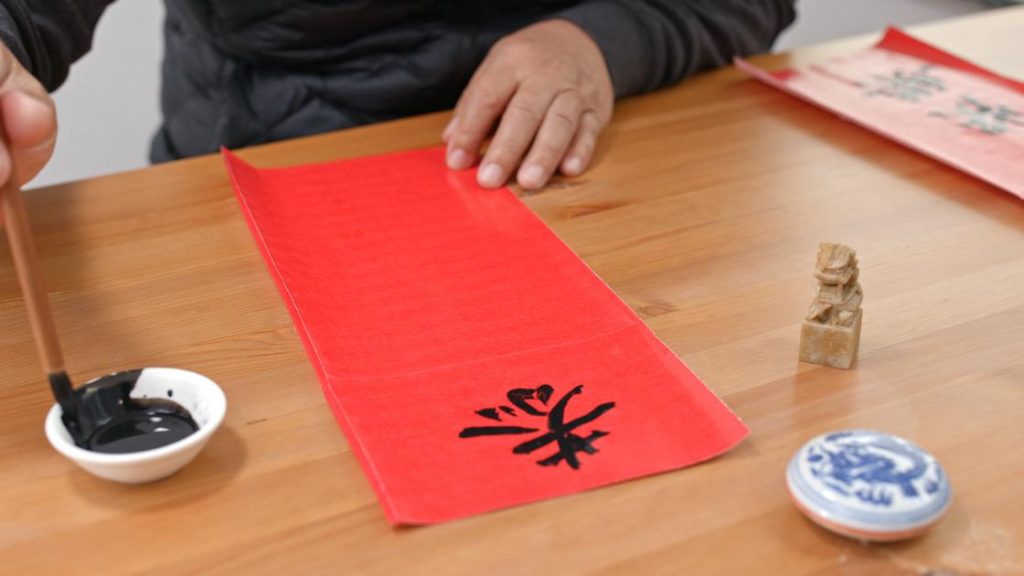
It is said that masters of calligraphy will control the flow of “Qi” within oneself while “letting go” and allowing the flow of energy to spread to the brush and onto the page. As calligraphy is a distinct form of self-expression, no two styles are alike, with each master’s work having their own unique identity and character.
The written Chinese character becomes the physical expression of how the master has focused his mind, energized his Qi, and the degree to which his energy is flowing across the page. At Pingdingshan Fengxue Temple, classes are led by one of the temple monks who has dedicated his life to prayer and academic research. Well versed in calligraphic theory, we invite him to our school to guide our students and bring out the style and artistic expression of each.
Acupuncture class
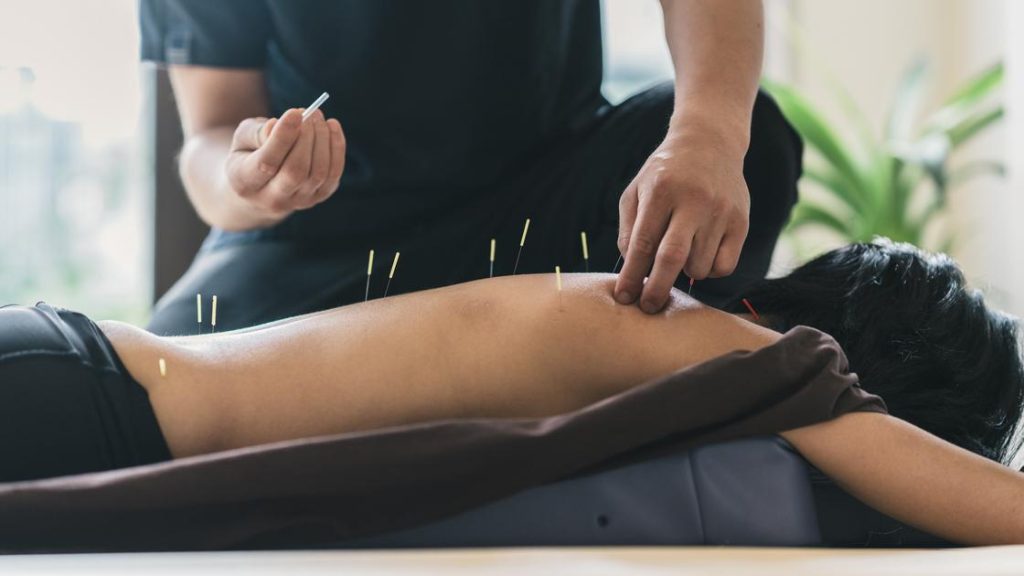
Acupuncture has a clearly recorded history going back 2000 years although some claim it goes back even further. 4000 years old.
It was originally developed by field workers; they used sharp stones to rub certain parts of the body to cure ailments. Over the years, as Chinese society developed, these stones were thrown away and replaced with stone, pottery, bronze, silver or gold needles and eventually the steel needles of modern acupuncture.
The needles penetrate the skin in specific places. These points are collectively known as “acupuncture or acupressure points” and can be found at certain points on the body along what are known as “meridian lines”, although there are some which are not on any of the meridians and are known as “Extraordinary Points”.
Moxibustion is another variation of acupuncture in which certain herbs are burned without touching the acupuncture points and the essence of the herb enters the skin through the pores.
Massage class
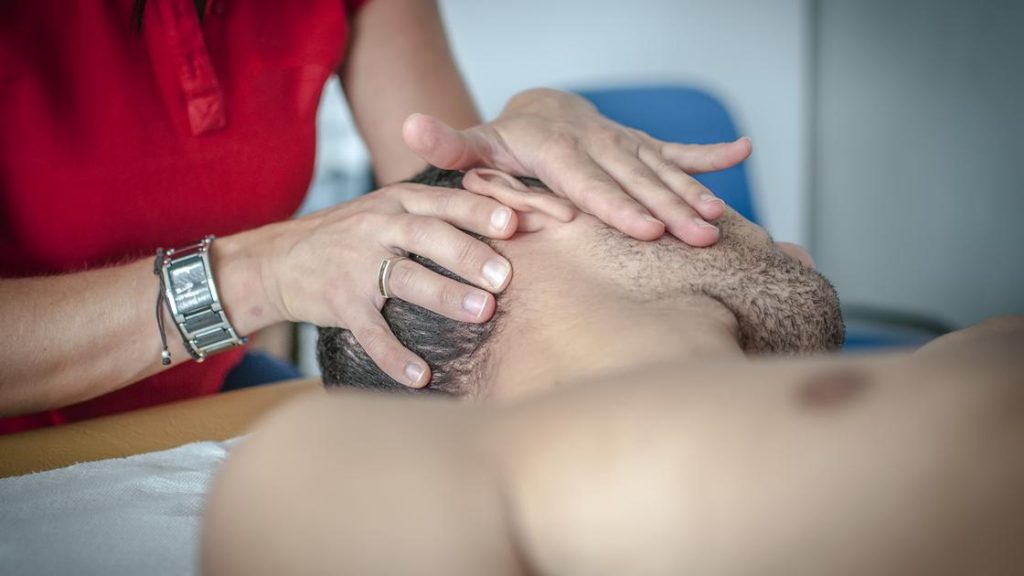
Chinese massage is an integral part of traditional Chinese medicine. Some Chinese researchers claim that a definitive theory of massage began to circulate as early as 2700 BC and was used in conjunction with acupuncture to treat physical ailments.
The guiding principle of Chinese massage is that if a person experiences pain or discomfort, it is due to the inability of Qi to flow freely. Therefore, physical tension must be released by stimulating certain points along the “meridian lines” so that Qi can flow. Once your energy is no longer blocked, the pain and discomfort should start to pass and your body health will return to normal.
During the lessons, Master will familiarize his students with the theory of Chinese massage and allow students to explore the practical side of this healing art. Due to the nature of our training, body knowledge will be used to speed up your recovery process after intense periods of
Cooking class
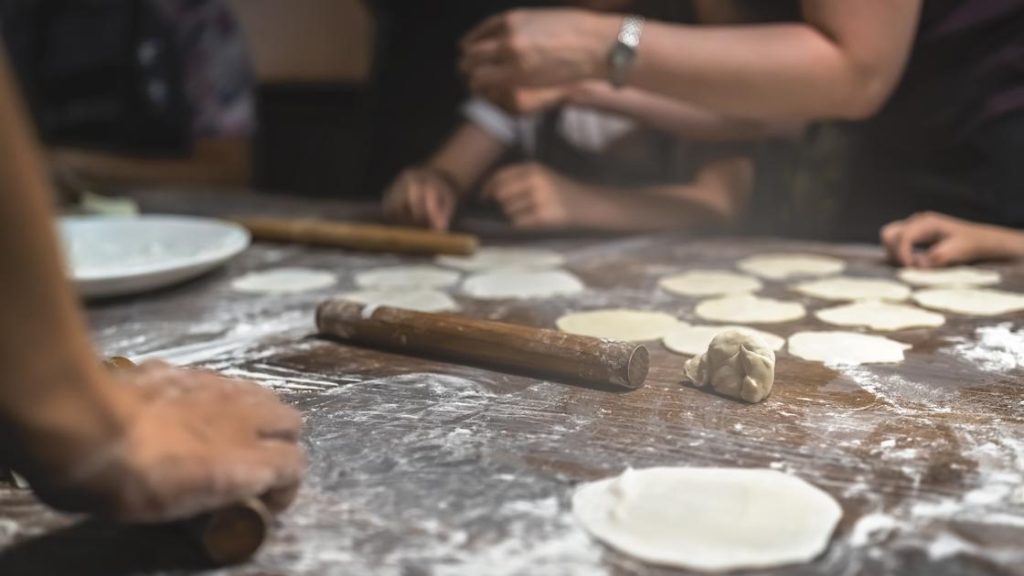
We believe that Chinese cuisine is one of the most important elements of Chinese culture. Therefore, we think it is just as important that our students start to embrace this rich and unique part of Chinese heritage.
Our cook is the daughter of our master’s aunt. Using the freshest ingredients, she uses the recipes that have been passed down through her family from generation to generation.
Students who wish to learn how to prepare the dishes that have characterized the Chinese countryside for hundreds of years can do so by assisting the cook in the kitchen at every dinner.
Daoism class
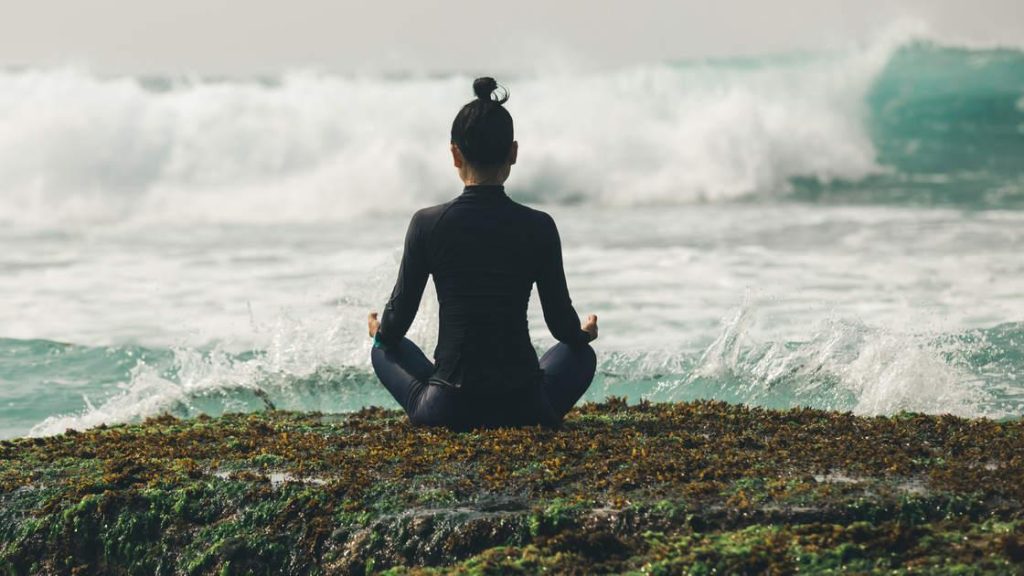
The Dao system is the essence of everything that exists in the universe and a way of living in harmony with the surrounding environment. It is the idea of accepting and giving in; seeking a balanced relationship between human beings and the natural world. The Dao is most clearly represented by the Yin-Yang symbol. It highlights the unity of opposites within the natural world, such as the sun and the moon, which follow predetermined and unchanging paths, both similar but diametrically opposed.
Daoist thought, for example the concepts of harmony and balance influence all elements of Chinese culture to some extent. This philosophy can be seen in cooking, kungfu, and even traditional Chinese medicine, so in Yanchen Shaolin Kungfu school it is worth exploring some of its basic concepts.
Students attending the Daoism class will be introduced and invited to explore the following: -The origins of Daoism -The life of Laozi and Zhuangzi and their works -Personal interpretations of Daoist works -Talk with the monks in the temple
Studying Daoism here is particularly beneficial as we are studding shaolin style is coming from Buddhism, however Buddhist was borne through Daoist concepts. It means that we are surrounded by an abundance of knowledge and culture, and for those interested in this field, this is an unmissable opportunity to look into China’s most famous religion.
All of the above are your opportunities at school. Please inform us in advance about what course you plan to take. We try to be useful to you, it takes time to prepare. Thanks for understanding
About Our School
We are a traditional Shaolin Kung Fu school – this is our core specialty. Our Chinese students train exclusively in Chinese. For international students like yourself, we offer introductory classes in:
- TCM/Tuina/Acupuncture
- Chinese Cooking
- Calligraphy
- Tea Ceremony
- Buddhist/Taoist Philosophy
- Hard Qi Gong
Important Notes:
- These are supplementary to our core Kung Fu training
- There is no fixed schedule – we arrange classes based on:
- Master availability
- Your progress and interests
- Physical readiness (especially for Hard Qi Gong)
What to Expect
- First Month: Focus on fundamentals while we assess your capabilities
- Personalized Training: After evaluation, we’ll create your program
- Authentic Experience: This is not a tourist school – prepare for rigorous, traditional training
Regarding Your Specific Requests:
- Hard Qi Gong (brick-breaking, etc.): Requires months/years of conditioning – we’ll evaluate your readiness
- Mountain Training: Occasional sessions available for advanced students
- Master Access: Earned through dedication and progress
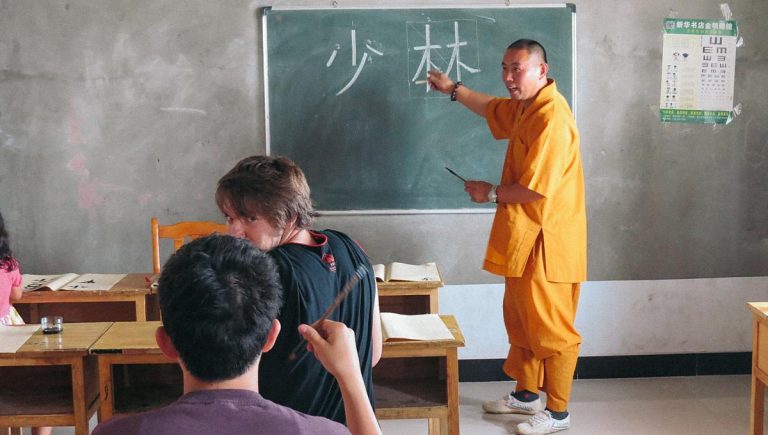
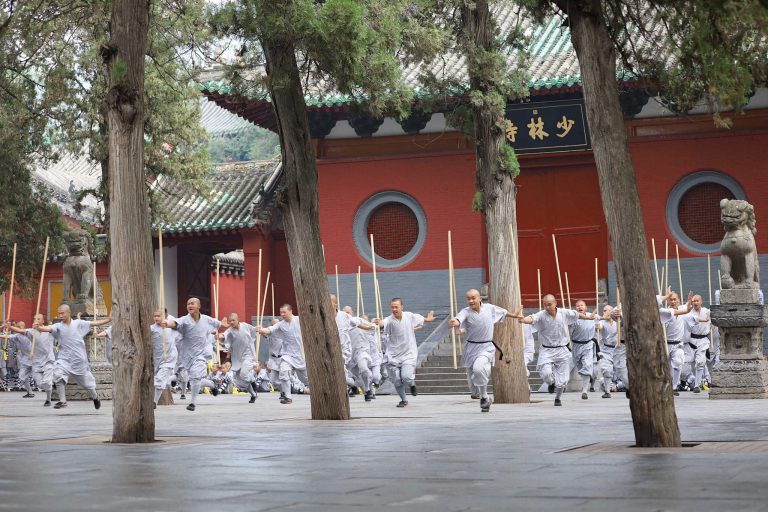
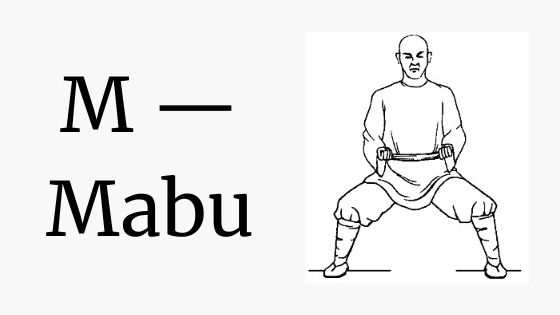
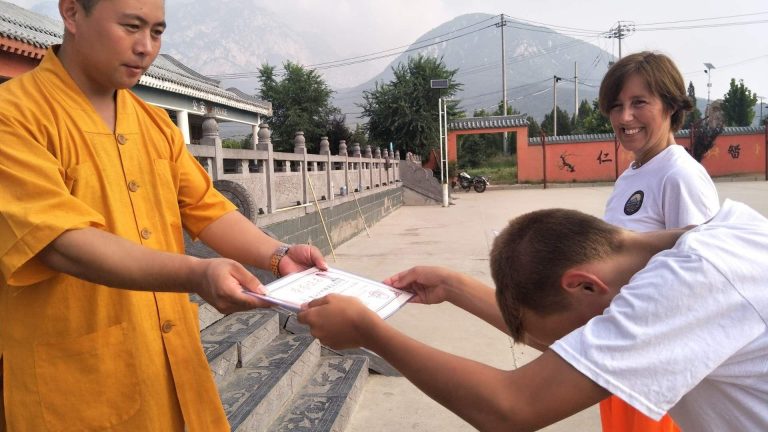
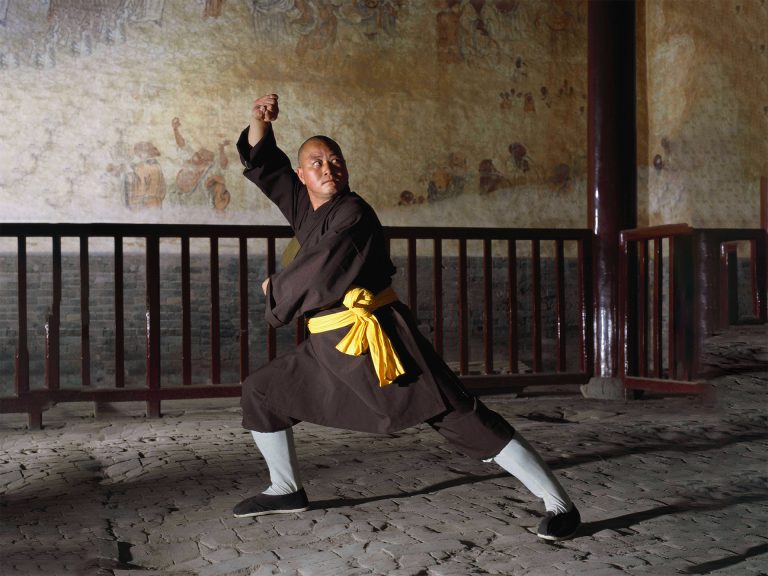
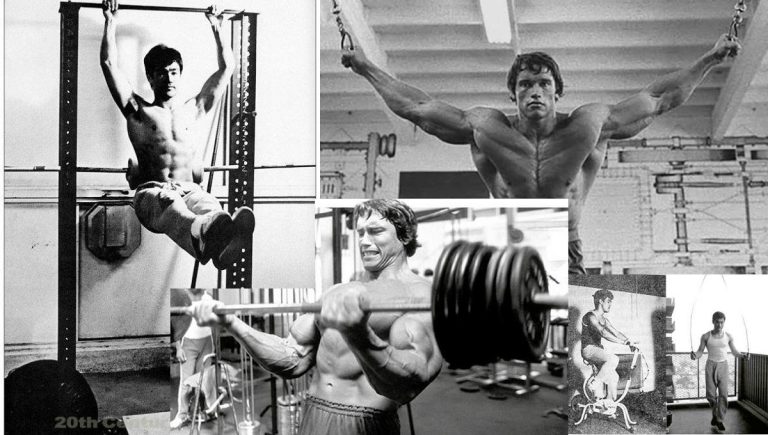
Здравствуйте, как мне точно рассчитать стоимость поездки? Я хочу на длительную программу на 10-12 месяцев, также хочу дополнительно изучать китайский язык, класс каллиграфии и класс даосизма, какая стоимость у этих классов? И если я поеду в июле-августе программа на 10 месяцев также возможна? Декабрь, январь, февраль школа вообще не работает? Или не принимает новых учеников? А те кто уже в школе они занимаются? Или происходит перерыв на это время для всех?
Спасибо за ваш интерес к нашей школе боевых искусств. Вот ответы на ваши вопросы:
Расчет стоимости поездки:
Для точного расчета стоимости поездки вам необходимо учитывать следующие факторы:
Стоимость обучения на длительную программу (6 месяцев) = 28,800 CNY
Дополнительные классы: китайский язык, каллиграфия – бесплатно
Проживание и питание – входит в стоимость
Прочие расходы (например, визовые сборы, медицинская страховка и транспортные расходы)
такси от Аэропорта Чженчжоу 400 юаней
Стоимость дополнительных классов:
доп классы входят в стоимость по приезду спросите у мастера время начала классов.
Класс даосизма: в настоящее время время этот класс заменён на основы китайской медицины урок ведётся на китайском языке
Все доп классы, нужно сообщить о вашем желании по приезду мастеру.
Программа на 10 месяцев в июле-августе:
Скорее всего вы можете оформить визу только на 6 месяцев. Да, вы можете начать программу в июле-августе и продолжать обучение до каникул (1 декабря) в новом году продолжить примерно с фев. марта смотреть каникулы и погода
Школа работает круглый год, кроме декабрь, январь и февраль. в 2025 году мы уже открылись
С уважением,
Алексей